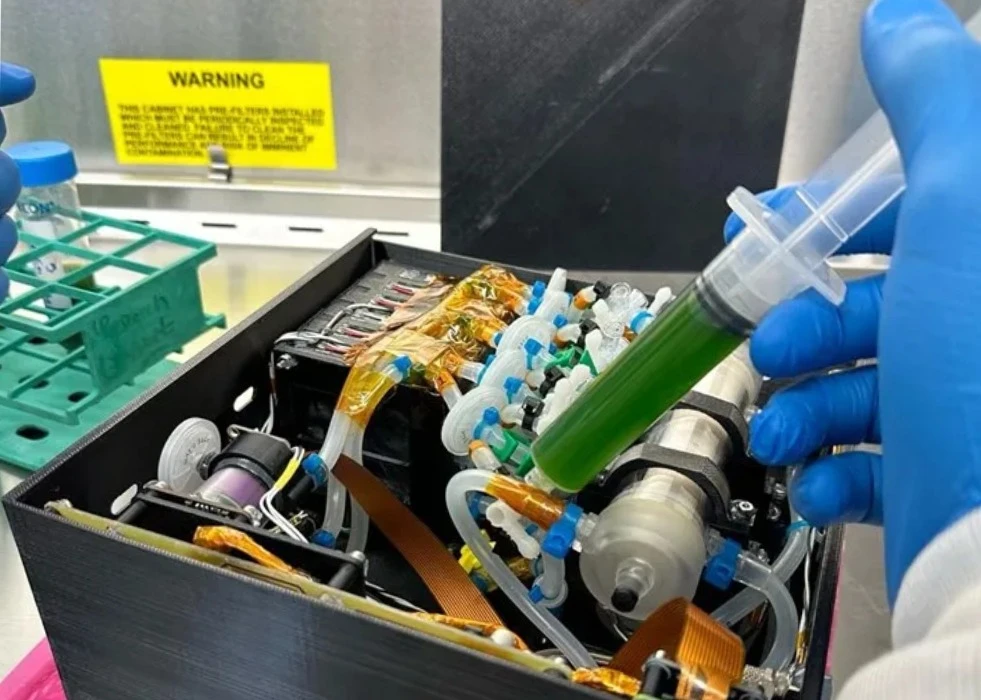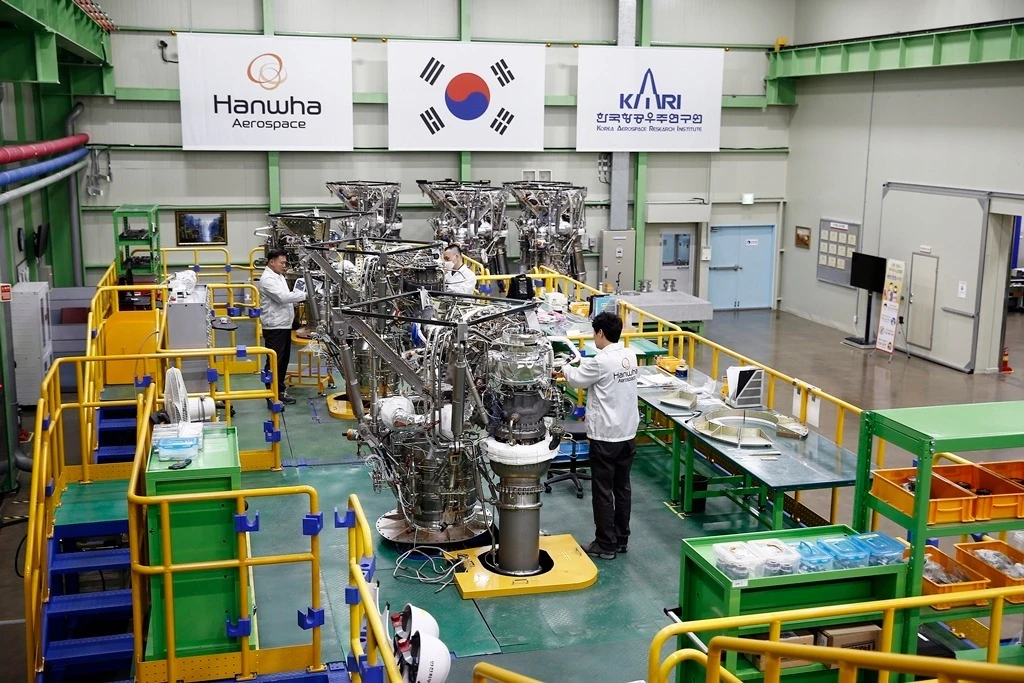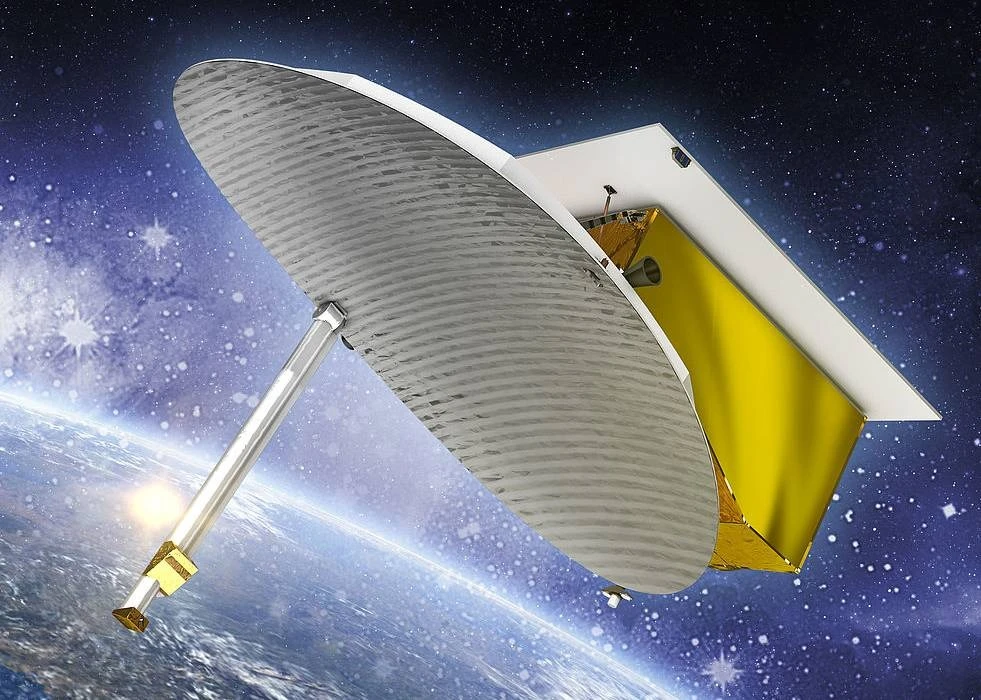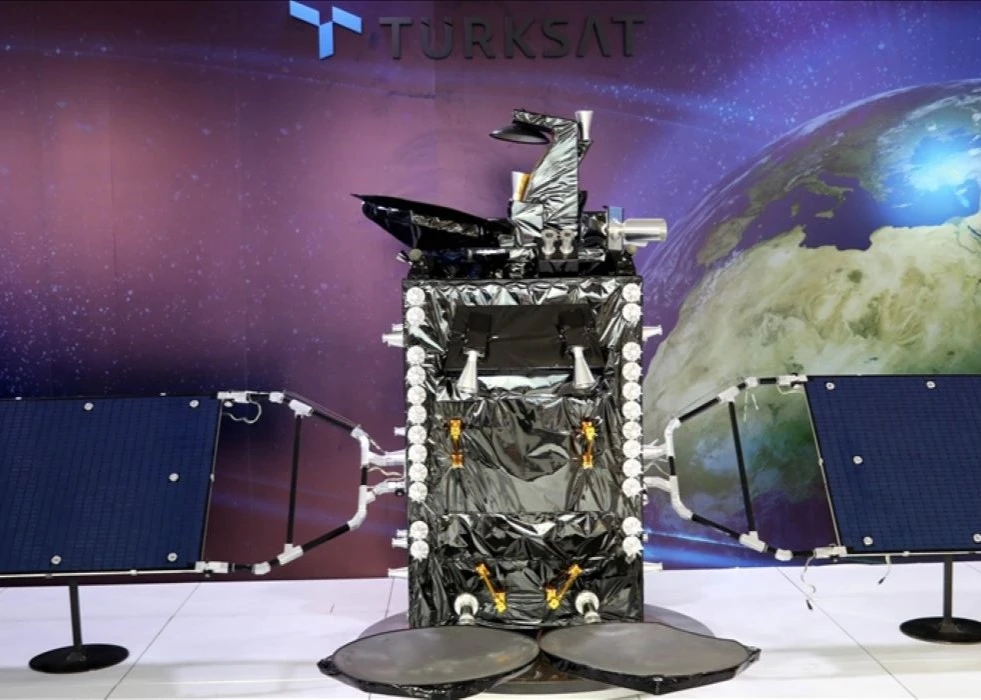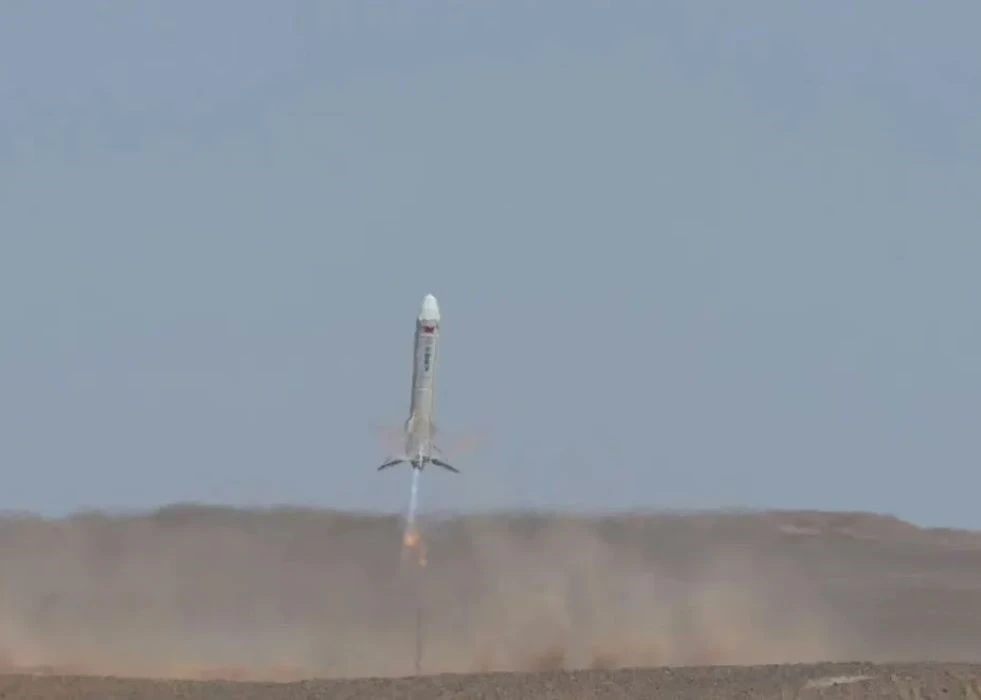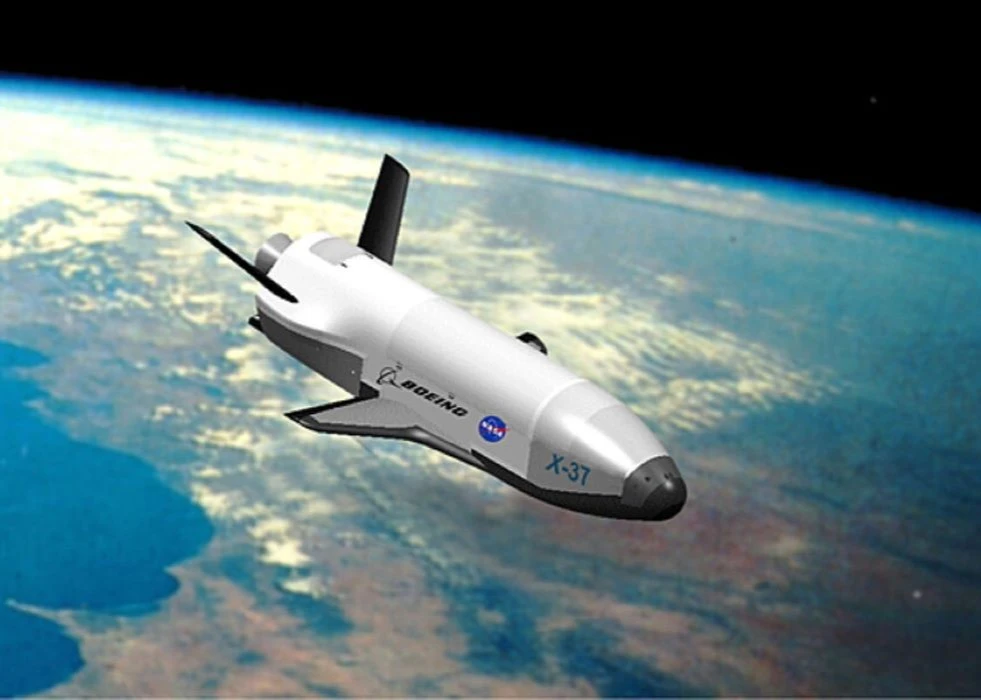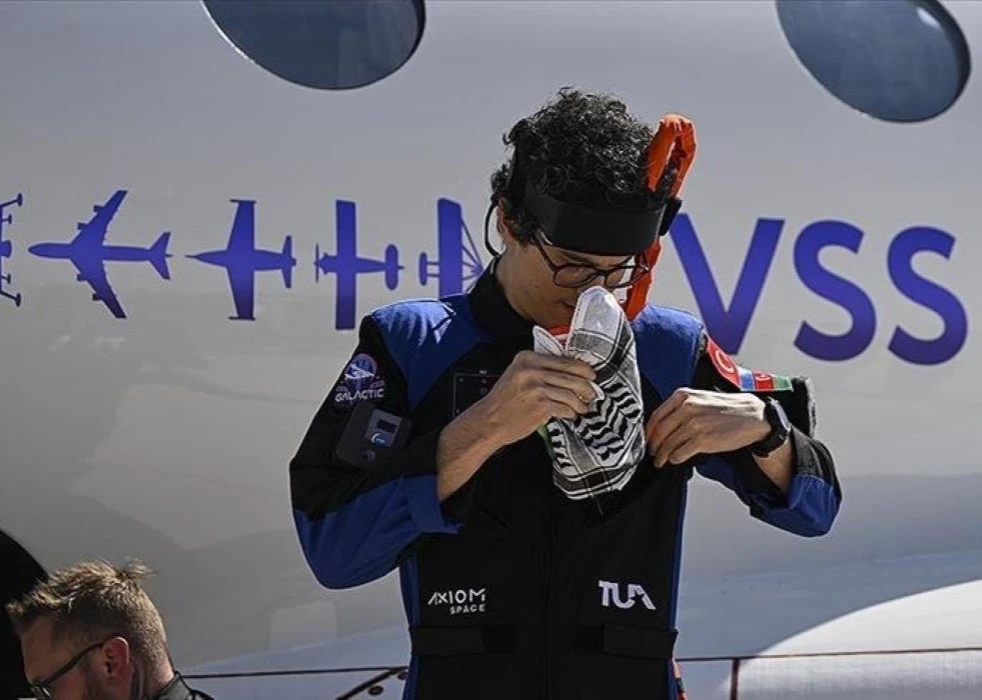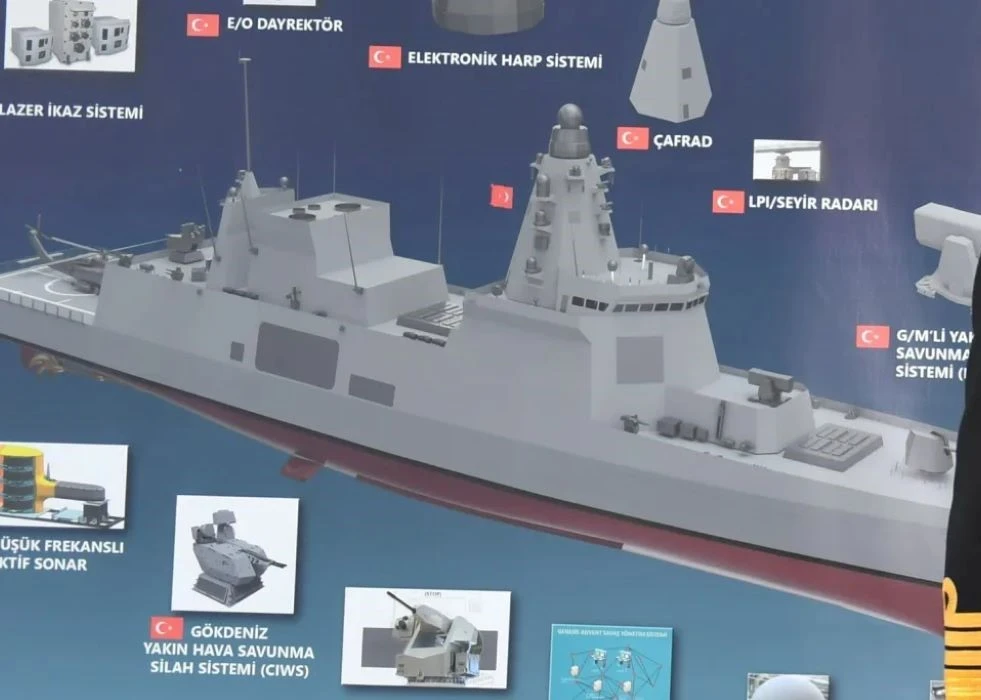The results of the UzMAn experiment covering the behaviour of microalgae in zero-gravity conditions have been gathered. The experiment conducted by the Turkish Astronaut Alper Gezeravcı aims to explore the possibility of utilising microalgae converting carbon dioxide into oxygen for life support in space missions.
Anadolu Agency News reports that microalgae in zero-gravity conditions can convert carbon dioxide three to five times more efficiently compared to those in enclosed spaces.
The experiment was prepared by TÜBİTAK MAM, TÜBİTAK Uzay and Istanbul Medeniyet University with a team of eight scientists. Three microalgae species were included, one that can live in extremely salty and mildly salty environments and two isolated from the poles.
Berat Haznedaroğlu from Boğaziçi University states that a medium-sized “microalgae reactor” can produce the daily oxygen of three astronauts. He adds that mechanical systems in use to produce oxygen have a risk of failure, and because of that, bio-systems are being explored as an alternative for extraterrestrial missions.
Haznedaroğlu underlines that the potential of microalgae in space isn’t limited to oxygen production. He points out that these organisms can be utilised to provide the astronauts with nutrition.
The inspections on the UzMAn experiment are ongoing. The metabolic behaviour will be inspected in the second phase.
